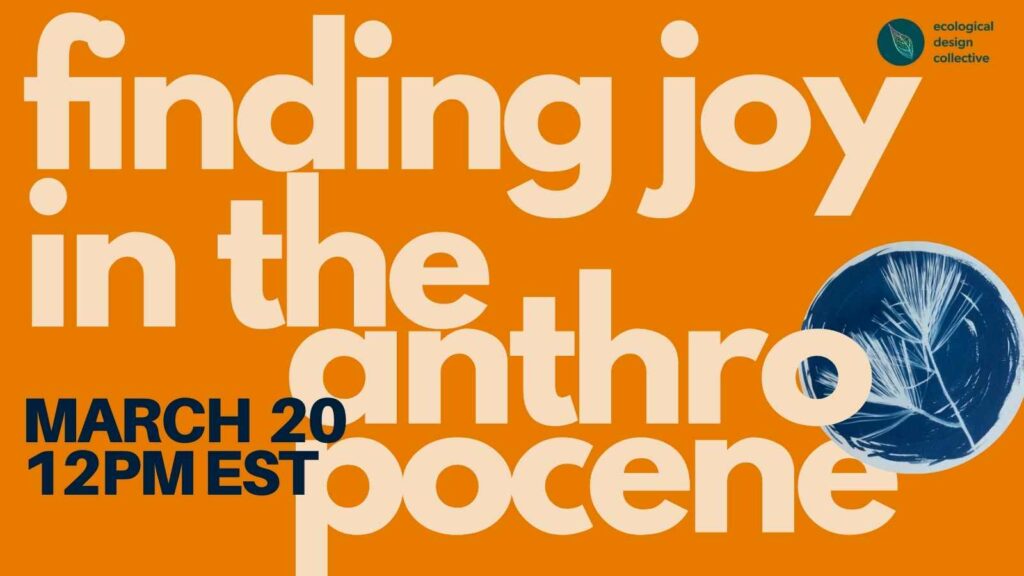
Finding Joy and Solidarity in the New England Anthropocene
As part of our Reimagining Land series, we convened a virtual gathering. The session brought together members of our extended community to sit with, think through, and respond to a collaborative provocation from Flooded Pine Press—a small publishing initiative that emerged in the wake of the 2024 elections, rooted in friendship, political urgency, and a commitment to ecological futures.
This event was not a panel in the traditional sense. It was a space of shared inquiry, reflection, and vulnerability. We gathered not only to hear from Holden Turner and Bri Cunliffe, the co-founders of Flooded Pine, but to think alongside them: about politics, about the limits of today, and about the possibilities of our current moment. The work and event they shared embodied the ethos we hold dear at the Ecological Design Collective: that imagination, when cultivated collectively, can be a force for justice and transformation.
Flooded Pine Press came into being during what many of us experienced as a moment of exhaustion and political contraction. In the days after the 2024 U.S. elections, Holden and Bri found themselves wondering what comes next—how to stay present, how to stay creative, how to continue showing up when the world feels increasingly unwelcoming to radical thought. The answer was a short form press. Something that could hold space for stories and reflections that do not always find a home in institutional venues.
Throughout the session, we turned to each other to imagine what it means to collectively hold space for ecological futures. Together, we began by writing on a shared virtual board, reflecting on what we wanted to let go of and what we wanted to carry forward in the context of climate crisis, political constraint, and creative practice. The responses ranged from personal to political, abstract to concrete—threads of grief, hope, frustration, and care surfaced across the board, mapping the emotional and imaginative terrain we are navigating together.
From there, we moved into a collaborative storytelling exercise. They invited us to describe what a day might look like in an ecological collective—an imagined community grounded in mutual care, environmental justice, and shared responsibility. One by one, participants contributed fragments: walking through gardens, sharing food, greeting neighbors, engaging in rituals of maintenance and joy. Each voice built upon the last, weaving together a living, breathing story of a place that does not yet exist but might. In this space, imagination was not abstract—it was embodied and relational, shaped by our collective attention.
This practice of co-creation was not just an activity; it was a political gesture. In a moment when reactionary forces seek to constrict possibility, we chose to imagine expansively—and we did so together. As reactionary politics continue to narrow the space for transformative thinking, we see projects like Flooded Pine Press as vital: not just for what they produce, but for how they practice care, co-creation, and political clarity.
We are grateful to Holden and Bri for joining us and for sharing their vision so generously. A reminder that even now, we can still imagine futures worth moving toward. We hope you will join us for the remaining sessions in the Reimagining Land series.
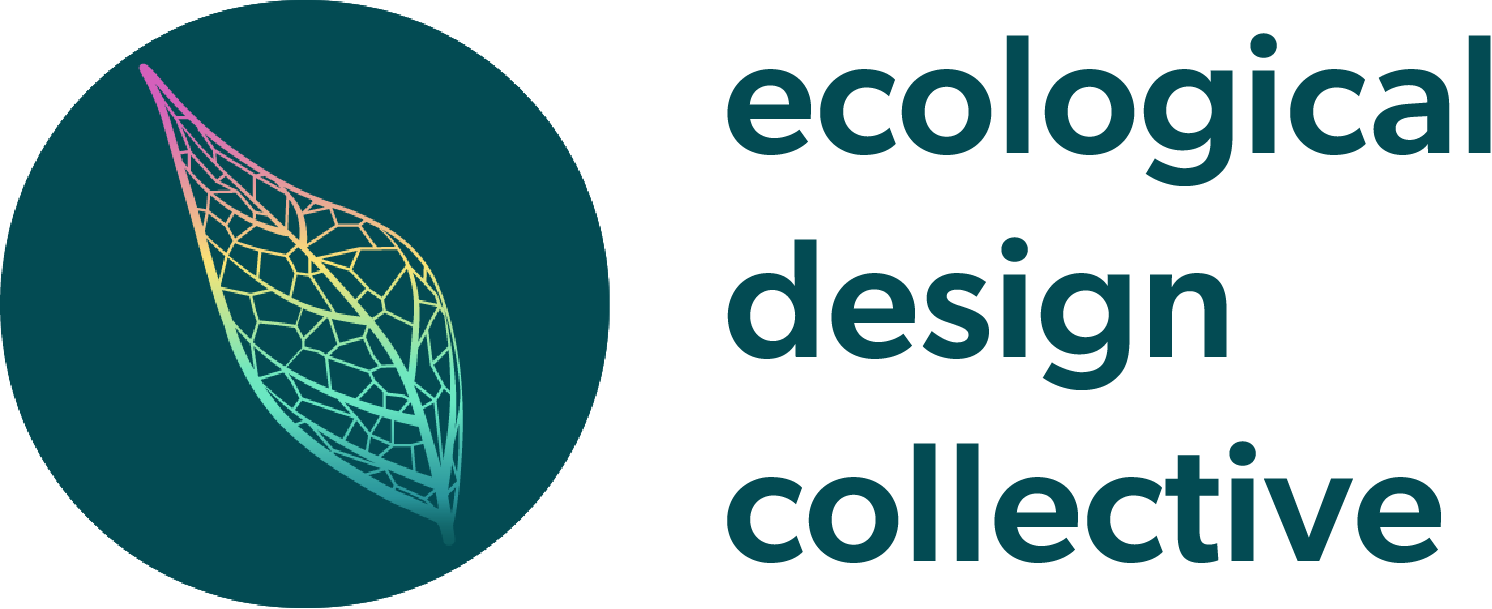

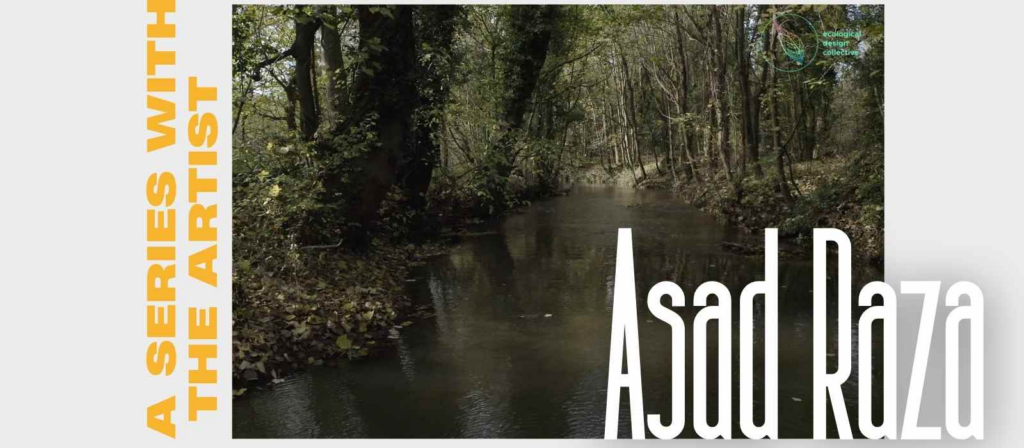
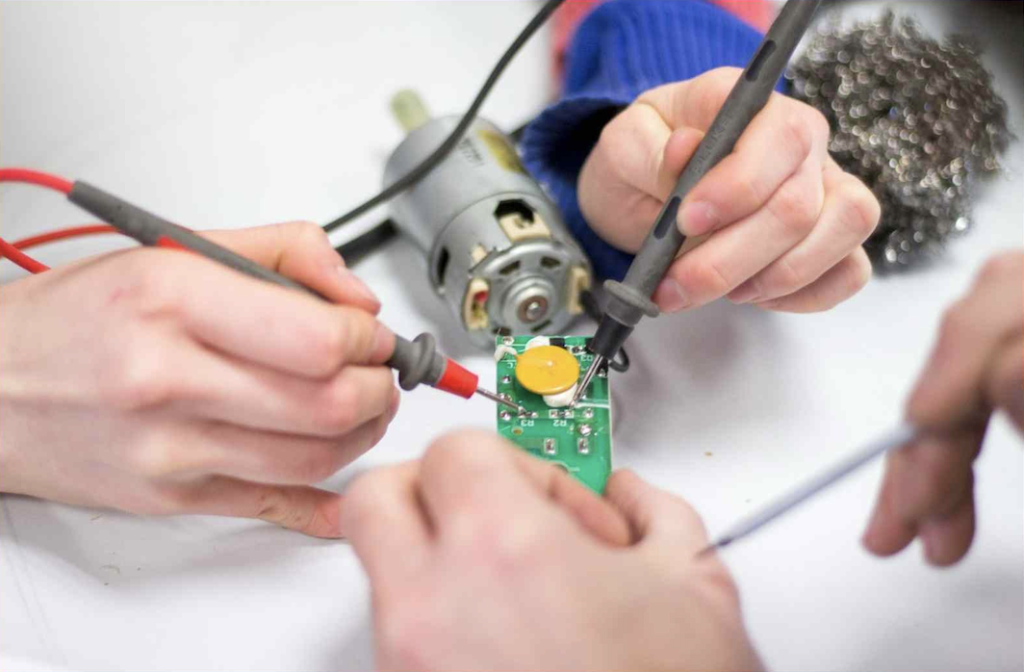

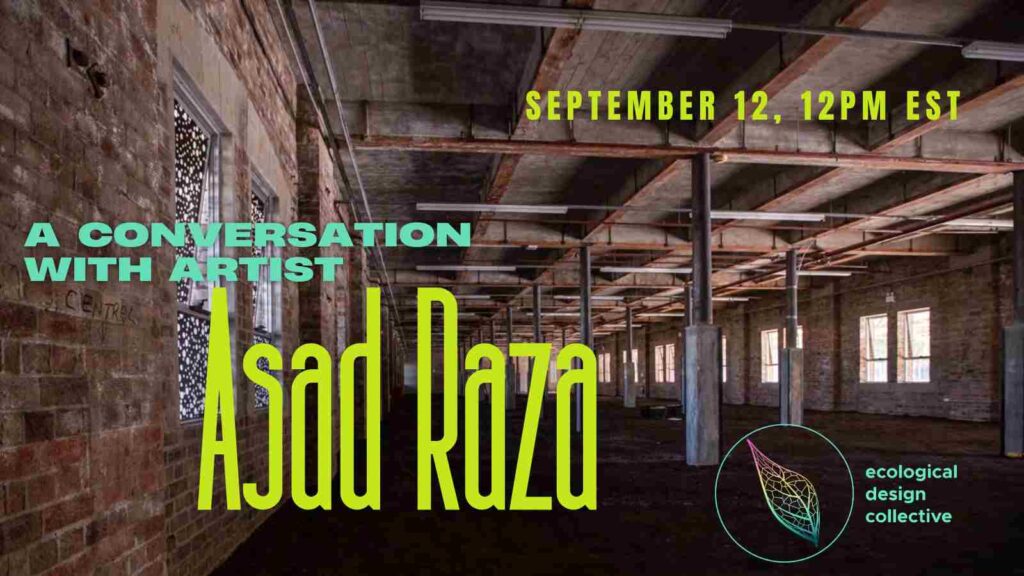
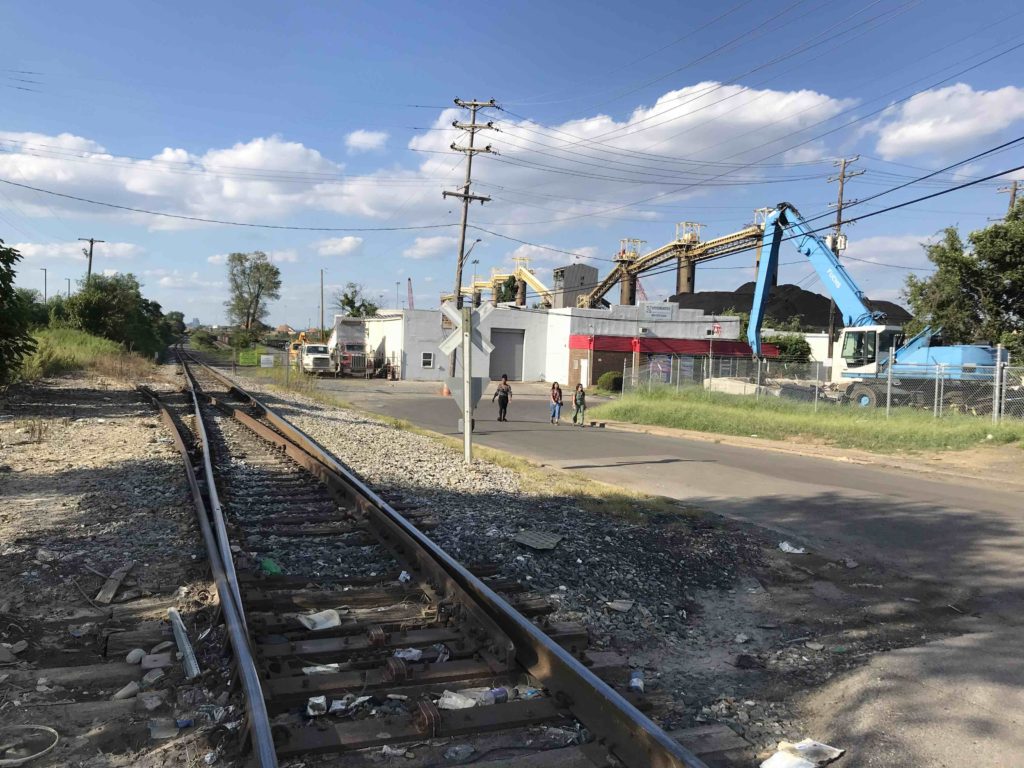
Responses